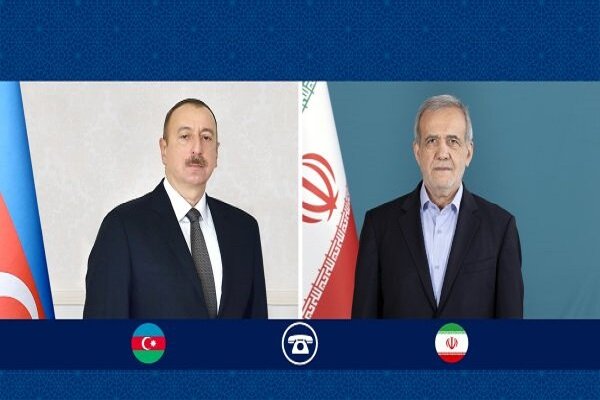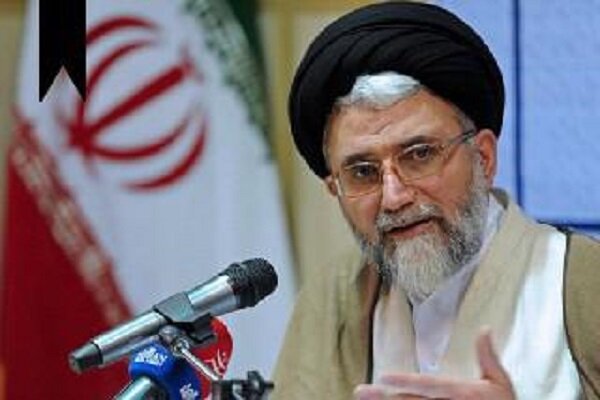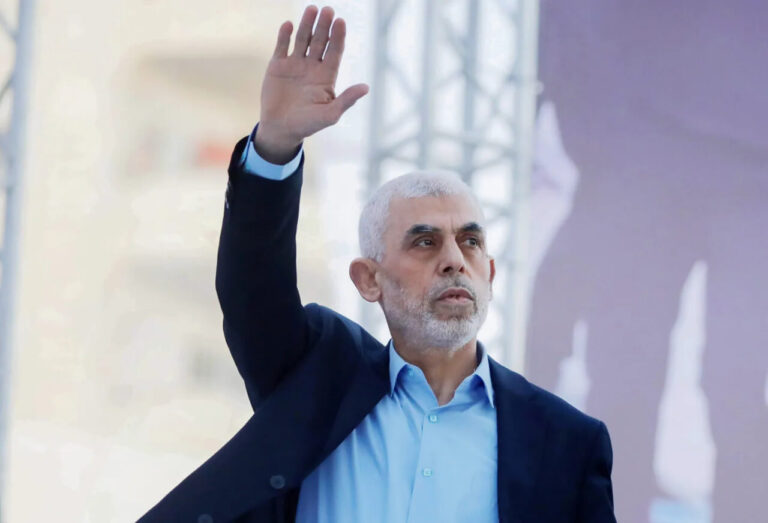Iraqi Foreign Minister Calls for Stability and Inclusivity in Syria: A Path to Peace
The ongoing crisis in Syria necessitates urgent attention to the need for stability, security, and a comprehensive political process, as highlighted by Iraqi Foreign Minister Fuad Hussein. His recent remarks underscore the importance of involving all societal groups in the rebuilding of Syria’s future, especially in light of the challenges following the fall of Bashar al-Assad’s regime.
During the Tehran Dialogue Forum held on Monday, Minister Hussein stressed, “We need stability, security, and an inclusive political process in Syria.” This statement reflects the growing recognition that a united approach is essential for the nation’s recovery.
Hussein elaborated on the significance of an inclusive political process, emphasizing that:
- It must involve representatives from all societal groups and factions.
- The ultimate goal is to achieve lasting stability in Syria.
- An inclusive approach is vital for protecting Syrian society.
- Such measures can help avert foreign interventions.
According to the Iraqi Foreign Minister, the restoration of stability in Syria cannot be accomplished without meaningful participation from a diverse set of voices within the country. This strategy aims to ensure that all components of Syrian society have a stake in the political process, which is crucial for fostering long-term peace and security.
In his address, Hussein pointed out that the involvement of various groups in the political dialogue is not merely a recommendation but a necessity for building a robust national framework. The current political landscape in Syria has been fraught with conflicts, and establishing a unified front is essential for overcoming these challenges.
He articulated that the lack of an inclusive political framework has historically led to divisions and unrest, which can easily be exploited by external forces seeking to intervene in Syria’s internal affairs. Thus, a cohesive strategy that encompasses all factions is paramount for the country’s future.
Hussein’s call for inclusivity is echoed by many political analysts who argue that the path to peace in Syria lies in understanding the diverse needs and aspirations of its citizens. They contend that:
- **Engagement with marginalized groups** is critical to ensure that their voices are heard.
- **Building trust among different factions** can facilitate healthier political discourse.
- **International support** should be aligned with the will of the Syrian people rather than imposed from outside.
The necessity for a comprehensive and inclusive approach to governance in Syria is more pressing than ever. As the international community continues to monitor the situation, the emphasis on inclusivity remains a hopeful strategy for rebuilding a nation torn by conflict.
Minister Hussein’s remarks come at a time when many nations are reevaluating their foreign policies regarding Syria. The emphasis on stability and security, as well as a political process that reflects the diversity of Syrian society, offers a roadmap for future engagement. This perspective advocates for a solution that prioritizes the needs of the Syrian people over geopolitical interests.
Furthermore, the Iraqi Foreign Minister’s emphasis on preventing foreign interventions highlights a growing sentiment among regional leaders. They believe that external forces often exacerbate conflicts, leading to further instability. Hussein’s insights serve as a reminder that the solution to Syria’s crisis must come from within, driven by the aspirations of its populace.
In conclusion, the path to recovery in Syria is complex and requires a multi-faceted approach that prioritizes inclusivity and cooperation among all groups. The insights shared by Iraqi Foreign Minister Fuad Hussein at the Tehran Dialogue Forum shed light on the urgent need for a collective effort to restore peace and stability. As Syria navigates its future, the call for an inclusive political process remains a beacon of hope for a nation in turmoil.






